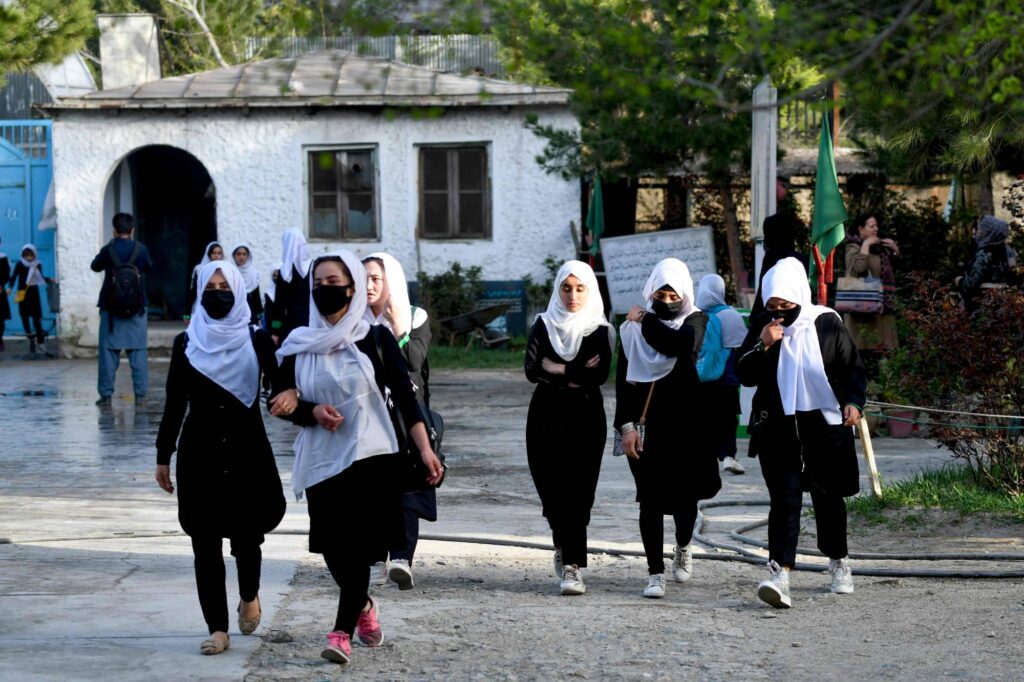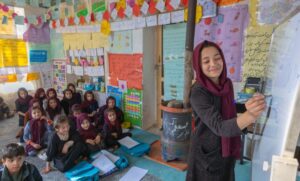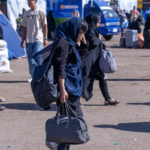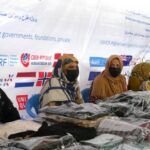A new United Nations report indicates that the policies of the caretaker government have changed families’ perspectives, leading to a significant reduction in community support for girls’ education.
The UN Women’s section published the results of its surveys on the status of women and girls in Afghanistan, stating that after the current government’s ban on girls’ education, some girls have focused on vocational training and Islamic education.
This report was prepared in collaboration with the International Organization for Migration (IOM) and UNAMA, the United Nations Assistance Mission in Afghanistan, following in-person and remote interviews with 776 women across 34 provinces and 57 men in 11 provinces.
The report notes that approximately 47 percent of respondents said that community support for girls’ primary education has significantly decreased.
Furthermore, 67 percent of female respondents emphasized that families’ views on girls’ secondary education have changed.
The United Nations stated that these statistics reflect a societal shift towards conservative traditions imposed on citizens by the current government.
Additionally, women respondents cited fear of the caretaker government as a reason for the decline in community support for girls’ education.
Exclusion from Society
In this report, 70 percent of women stated that they have been deprived of going to public places such as parks and health centers in the past 12 months.
They emphasized that the current government has even prohibited women from entering recreational areas and historical sites, even with a male guardian. These women reported that government officials tell them these places are only for men.
Moreover, 69 percent of women indicated that they do not feel safe when leaving their homes. This feeling has led them to become isolated from society and to suffer from mental health issues like depression.
The current government insists that it has made society safe for Afghan women; however, it simultaneously asks women not to leave their homes without a valid reason.
Closed Doors to Justice and Women
The report from three UN agencies also reveals that women are deprived of support and services from legal and judicial authorities in Afghanistan, facing gender-based barriers that limit their access to these institutions.
Nearly 80 percent of interviewed women told the organization that current government officials refuse to address their legal cases. Meanwhile, 79 percent of Afghan women have not approached any formal legal or judicial institution in the past year to resolve disputes or legal issues.
Women’s Demands
These prohibitions and social restrictions have led 57 percent of responding women to describe their economic situation as worse than before. They believe that restrictions, including the requirement for a male guardian, have sidelined them from economic participation.
They urged the caretaker government to reopen girls’ schools at all levels and to respect international human rights standards, including women’s rights, by removing barriers such as the requirement for a male guardian for women’s work.
These women asked the United Nations to increase pressure on the Taliban to realize women’s rights, particularly the right to education and work.













